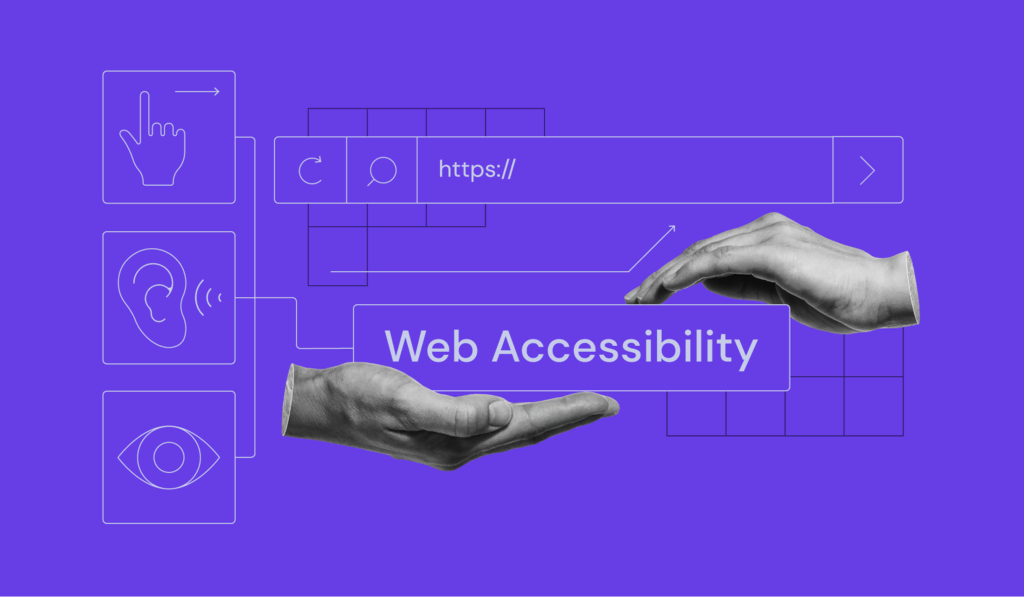Tube Rank: Your Guide to Video Success
Discover tips and insights for optimizing your video presence.
Web Accessibility: Why Ignoring It Could Be Your Biggest Mistake
Unlock website success! Discover why neglecting web accessibility could cost you dearly in traffic and reputation. Don't miss out!
The Essential Guide to Web Accessibility: Making Your Site Inclusive for Everyone
Web accessibility is crucial for ensuring that your website is usable by everyone, including individuals with disabilities. Creating an inclusive online environment not only expands your audience reach but also improves overall user experience. To get started, consider implementing guidelines such as the Web Content Accessibility Guidelines (WCAG). These standards offer practical recommendations to enhance accessibility, including providing text alternatives for non-text content, ensuring keyboard navigation, and using sufficient color contrast.
Another important aspect of web accessibility is usability testing. Engaging individuals with diverse abilities in the testing process can provide invaluable insights into how well your website performs. Additionally, utilize tools such as screen readers and accessibility checkers to evaluate your site's compliance with best practices. By prioritizing web accessibility, you not only make your website more inclusive but also demonstrate your commitment to equitable digital experiences.

Top 5 Reasons Why Web Accessibility Matters for Your Business
In today's digital age, web accessibility is not just a nice-to-have; it's a necessity for businesses aiming to reach a broader audience. When websites are accessible, they cater to individuals of all abilities and disabilities, thereby increasing the potential customer base. According to the World Health Organization, over a billion people live with some form of disability, which means a significant percentage of your target audience may be left out if your website is not compliant with accessibility standards.
Furthermore, prioritizing web accessibility can enhance your brand's reputation and credibility. Companies that demonstrate inclusivity and social responsibility are more likely to attract loyal customers. Additionally, search engines like Google favor accessible websites in their ranking algorithms, meaning that investing in accessibility can also boost your SEO efforts. Here are the top 5 reasons why web accessibility matters for your business:
- Increased Audience Reach
- Enhanced Brand Reputation
- Improved SEO Performance
- Legal Compliance
- Better User Experience
Common Misconceptions About Web Accessibility: What You Need to Know
Web accessibility is a crucial aspect of web design that ensures individuals with disabilities can access information and services online. However, many people hold misconceptions about what web accessibility truly entails. One common myth is that it only benefits individuals with visual impairments. In reality, accessibility encompasses a wide range of disabilities, including those affecting hearing, mobility, and cognitive functions. By designing websites that adhere to accessibility standards, you create an inclusive environment that enhances the user experience for everyone, not just those with disabilities.
Another prevalent misconception is that making a website accessible is an expensive and time-consuming process. While it may require some initial investment, the long-term benefits of web accessibility far outweigh the costs. Accessible websites can lead to a broader audience, improved search engine optimization (SEO), and increased customer loyalty. Furthermore, many accessibility tools and resources are available, making it easier than ever for web designers and developers to implement necessary changes. By prioritizing web accessibility, you can create a more equitable online space for all users.